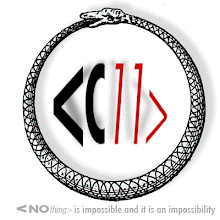

This necklace was purchased in Suva Market January 1968 by it’s current owner – Anna Marie Magnus. She is a textile artist now living in Woodbury Tasmania. At the time she purchased this necklace she purchased approximately 10 similar necklaces. Some of these were given to friends as gifts and she recalls selling some at a “junk stall” since she moved to Tasmania.
Interestingly, Bob Magnus, her husband is an apple enthusiast and nurseryman. He has been involved in collecting heritage apple specimens and has a collection of these trees in his orchard. In earlier days in northern New South Wales he grew mimosa – a tree with the common name ipil-ipil, or ipel, in The Philippines – trees as a fodder tree for goats and cattle. Thus he has a professional knowledge of both mimosa an apple seeds.
This necklace is one verifiable example of how this material seeped into the Tasmanian collective consciousness and adopted as “apple seed” products on the Apple Isle. The ipil-ipil tree is grown widely throughout the Pacific region, The Caribbean and Central America where it is endemic. This is an interesting case where provenance is a loaded story.
NOTE: Since this information was received additional information has come to hand. A prominent Tasmanian researcher working in Tasmania has suggested that this necklace may well have been made in The Philippines and imported into into Fiji for sale as tourist souvenirs (trophies?). The trees that produce these seeds do grow in Fiji but local makers could not compete with the imported product. Nonetheless these items bear scant resemblance to the local indigenous product when and where these seeds might have been used.
SOME REFERENCE LINKS

No comments:
Post a Comment